
A new Chemotherapy Education Policy at an NCCN-designated oncology center was received well by nursing and pharmacy staff, yet failed to meet its goals of better-informing patients about their therapy prior to their first dose.

Your AI-Trained Oncology Knowledge Connection!


A new Chemotherapy Education Policy at an NCCN-designated oncology center was received well by nursing and pharmacy staff, yet failed to meet its goals of better-informing patients about their therapy prior to their first dose.

A poster presentation from the Oncology Nursing Society’s 46th Annual Congress describes a single-center clinician education program aimed at improving patient satisfaction.

A recent analysis revealed that patients with cancer who scored highly on depression and anxiety scales were more likely to suffer from symptoms of chemotherapy-induced nausea.

According to the research, there are important components and factors missing from the scale commonly used to measure a clinician’s quality of life.

The 2 pilot multidisciplinary care teams reported positive feedback with the collaboration, explaining that the meetings were valuable to the quality care of their patients.
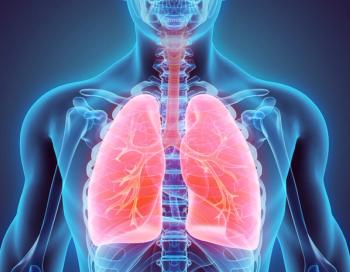
Adverse effects management for tepotinib in patients with non–small cell lung cancer by nurses may offer the potential to increase the time on the treatment and lead to improved outcomes.

Treatment care changed in the face of the COVID-19 pandemic as necessary virtual visits are proving to be more comfortable and safer for many Veteran patients and survivors of cancer.

Advanced practice nurses and dieticians are encouraged to empower patients to improve their lifestyles through diet and exercise in a presentation at the Oncology Nursing Society’s 46th Annual Congress.

Improving patient care may be possible for institutions achieving Disease-Specific Care certifications with certified nurse specialists at the helm.
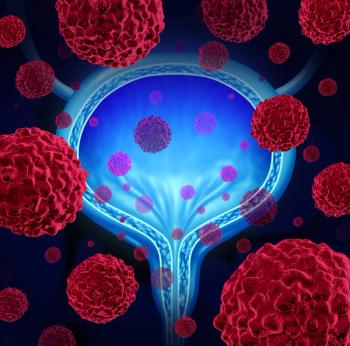
Data presented at the Oncology Nursing Society’s 46th Annual Congress reiterated positive results from the PROSPER trial with enzalutamide in the treatment of nonmetastatic castration-resistant prostate cancer and the key implications these have for nurses treating men with the disease moving forward.

The number of patients reporting side effects related to chemotherapy increased by more than 40 percentage points after the implementation of a chemotherapy toxicity screening form.

The researchers explored implementation of physical activity for men recently diagnosed with prostate cancer to see which interventions will be best sustained over time.

The THRIVE Program includes an 8-hour retreat designed to teach staff skills for combating compassion fatigue and for promoting resilience.

The clinic educates, evaluates, and guides patients with prostate cancer on available treatments and helps to control associated anxiety.
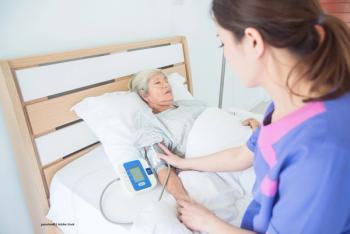
Oncology advanced practice registered nurses can play a critical role in providing primary palliative care to patients with cancer.
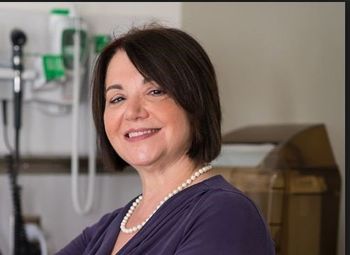
In an interview with Cancer Network, Lorraine Drapek describes a multidisciplinary program at MGH to support vaginal and sexual health post RT for GI and gynecologic malignancies.
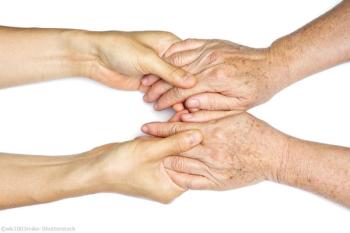
Oncology nurse leaders share insights into the care of vulnerable oncology populations-from ED triage to tailored telehealth sessions for homeless populations.

A pilot protocol developed at Memorial Sloan Kettering Cancer Center resulted in exponential increases in both influenza and pneumococcal vaccinations in the outpatient setting.
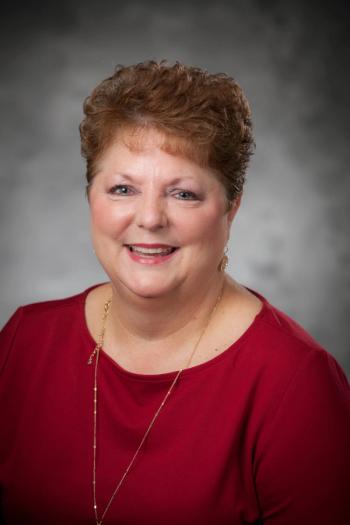
Quit rates reported by a smoking-cessation program at Duke Cancer Center increased from 17% to 34% in the 2 years since it was implemented.

Oncology nursing leader Deborah Boyle highlights some essential tips to address common issues in bedside care, staff communication, and on-the-job distress.

Alisa Domb highlighted training and workflow optimization for an ambulatory-setting navigation program covering 10 hem/onc clinics and 2 cancer centers, during the 2018 ONS Congress.

Jeannine Brant, PhD, APRN-CNS, discussed the importance of using non-opioid modalities to manage cancer patients' pain, during the 2018 ONS Congress.

Updates to the 8th edition of AJCC's staging manual include incorporation of more nonanatomic features. Oncology Clinical Specialist Chelsea Backler discussed key changes during the 2018 ONS Congress.

Detailed education and other initiatives related to CHG cloth use boosted bathing compliance rates by 95% in 14 months, and decreased CLABSI by 8%.

After non-oncology units received comprehensive safety kits for handling oral hazardous drugs, chemo handling precautions at Maine Medical Center increased significantly.

A streamlined nursing protocol reduced delays related to treatment with oral formulations of chemotherapy and immunotherapy, and increased patient satisfaction.

In this podcast, Kelly Brassil, PhD, RN, discusses irAEs and ONS’s role in developing an ASCO/NCCN guideline for their management.

It is increasingly important that nurses recognize cytokine release syndrome and other side effects that can be triggered by treatment with engineered CAR T-cell therapies.

Women undergoing robotic surgery procedures for gynecologic cancers and nonmalignant conditions report more patient education needs than those undergoing traditional laparotomy.

Oncology nurses must navigate an increasingly complex web of state medical marijuana laws, with varying provisions and roles for healthcare providers.